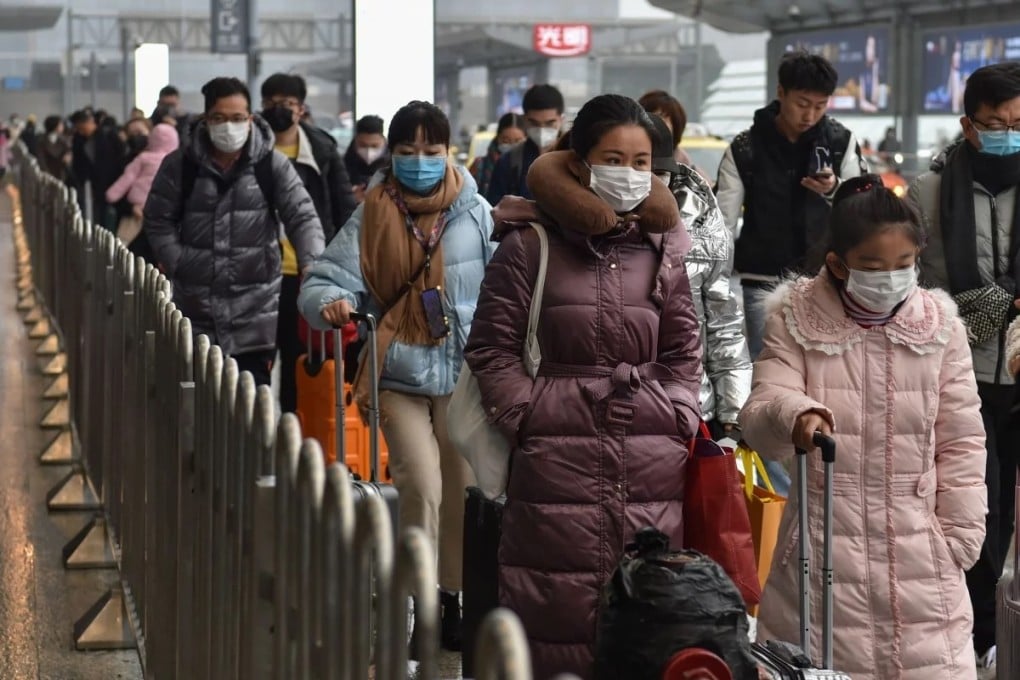Advertisement
Hiding your coronavirus history can give you bad social credit
Shanghai wants to punish those who conceal contact with coronavirus patients
Reading Time:1 minute
Why you can trust SCMP

This article originally appeared on ABACUS
Shanghai city authorities have decided that hiding your history with the novel coronavirus is enough to land you on a social credit blacklist. The new rule covers people who have concealed travel history in areas affected by the virus, such as Wuhan, or contact with patients or suspected patients, according to a decision published Friday. The rule also affects those who evade isolation for medical observation.
Advertisement
This is just one of many strategies employed to try to stop the spread of the virus that’s already taken more than 600 lives. Over the past week, Chinese tech companies have pushed out new apps and features to show users if they traveled with coronavirus patients or which areas of a city have recorded coronavirus cases.
Social credit schemes in China are intended to act as a carrot-and-stick mechanism. They can punish individuals and businesses who fail to follow rules and regulations or offer rewards based on “good behavior.” Despite the potential impact on free speech, some experts say it could be best described as a citizen and company database. Shanghai’s social credit information site states that it compiles data on companies and individuals, including records of arrears and complaints and ability to repay debt.
Purchase the China AI Report 2020 brought to you by SCMP Research and enjoy a 20% discount (original price US$400). This 60-page all new intelligence report gives you first-hand insights and analysis into the latest industry developments and intelligence about China AI. Get exclusive access to our webinars for continuous learning, and interact with China AI executives in live Q&A. Offer valid until 31 March 2020.

Advertisement